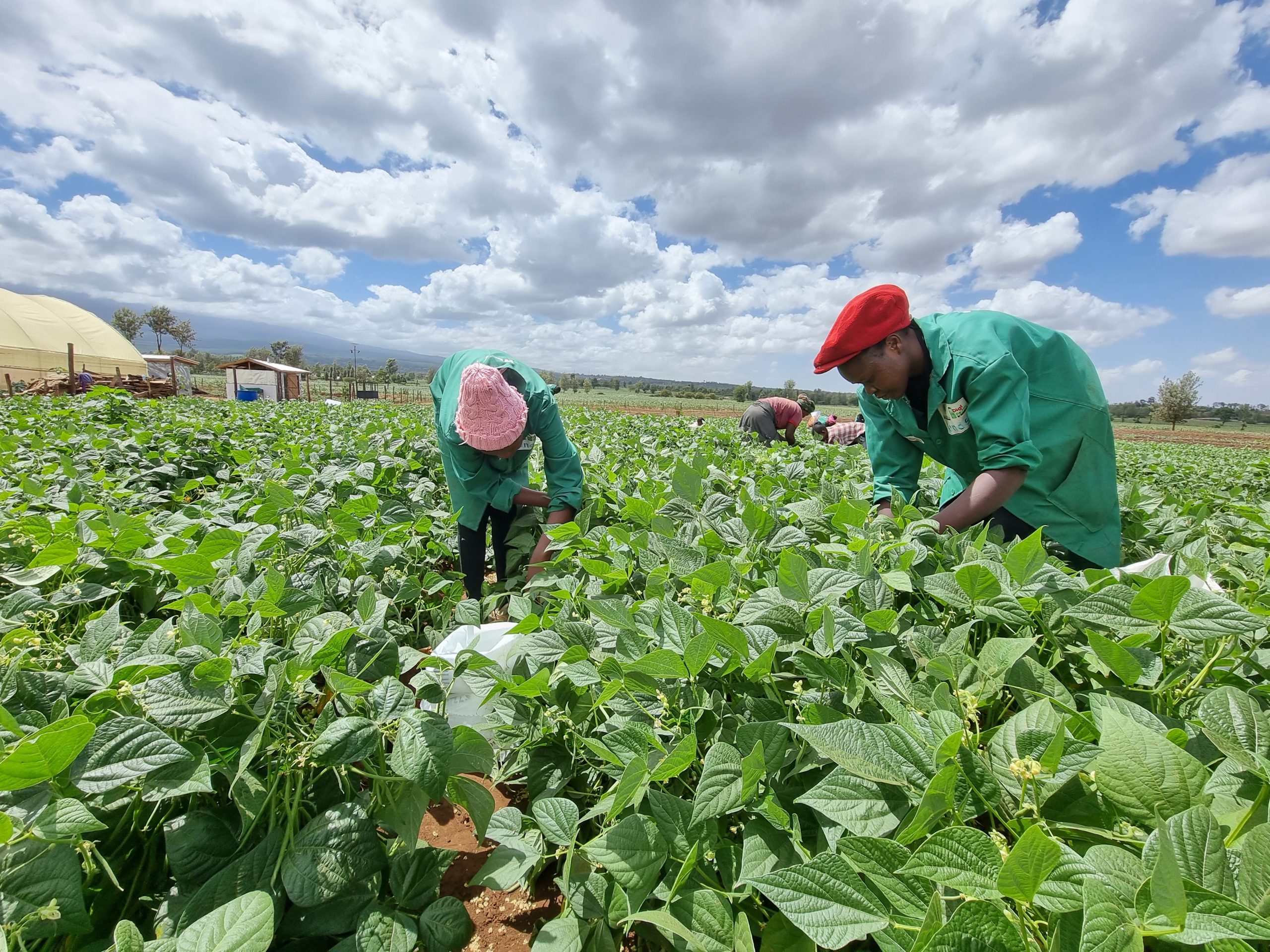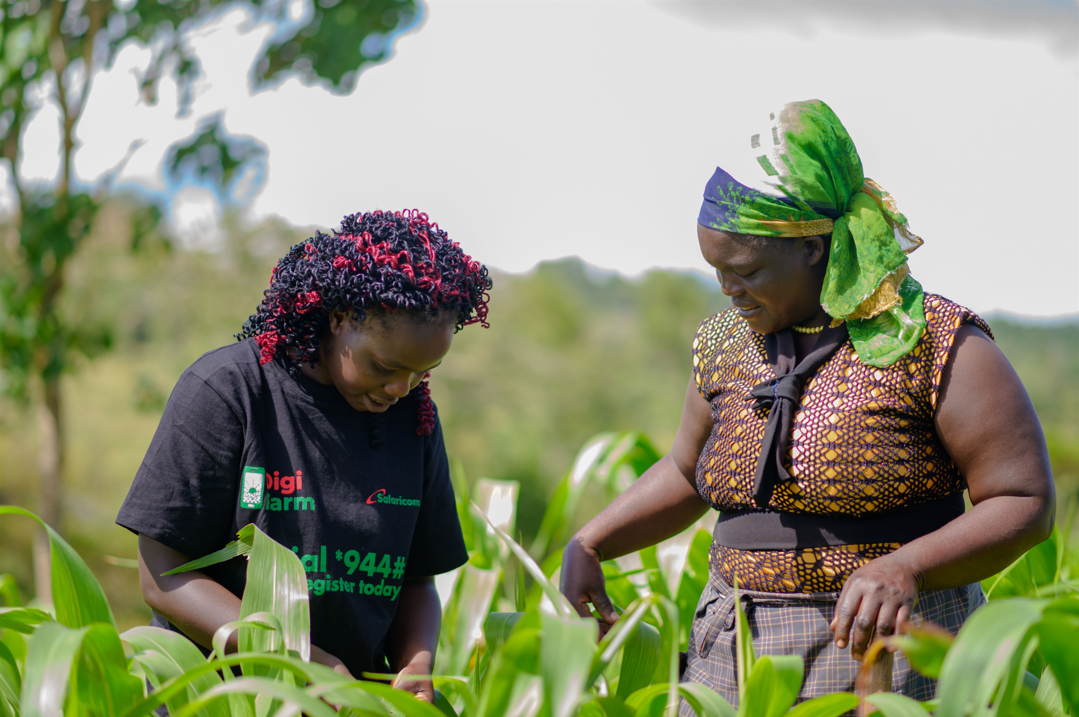Kajiado county is predominately semi-arid area supporting food and agro pastoralist communities. The main climatic challenge facing the agricultural sector in Kajiado county is drought. The frequency and severity of droughts in the county have resulted in crop failure and livestock losses and triggered severe food shortages.
In Kajiado South Sub County, through the Wezesha program, we have empowered over 1,000 farmer, 70% whom are women and youth in climate change mitigation strategies. As a result, we have created two CSVs. In the two CSVs, households have adopted at least one climate adaptation strategy.
The technologies we promote for climate change adaptation include (i) minimizing dependence on rain fed agriculture and shifting to solar energy technologies for farming, (ii) kitchen garden farming models, (iii) irrigation and water conservation methods which include shifting from furrow to drip irrigation systems, (iv) introduction of drought tolerant crops and grasses, (v) Regenerative agriculture approaches, and (vi) Agroforestry by scaling out community based growing of fruit trees at farm level



